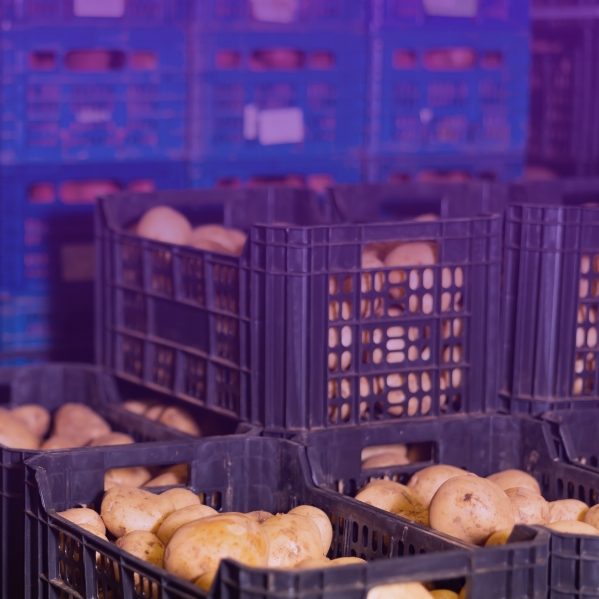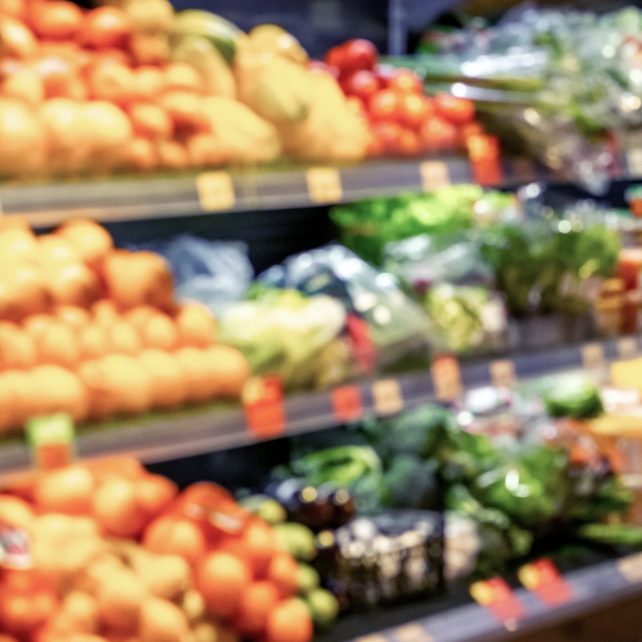Reimagining the future of plastics.
Plastics have been under-utilized in the fight against global climate change. But by embracing smarter product designs, extending product life cycles, and advancing a circular economy, plastics have a role to play in creating a more sustainable future for all. Join us in the journey to revolutionize how plastics are managed as we create a legacy of environmental stewardship.
Test your knowledge
Canadian plastics are essential to building a sustainable future.

The plastics industry is committed to sustainability.
Plastic producers are working towards zero plastic waste by 2030.
Through continuous innovations and collaboration with governments, producers are also supporting Canada’s net-zero carbon emissions goals by 2050.


Plastics have a role to play in Canada reaching its net-zero carbon emissions goals.
Global environmental targets aren’t achievable without plastics.
From the development of green technologies to eco-friendly vehicles and renewable energy, responsibly managed plastics are driving Canada forward.

Innovations in plastics are well underway.
Reimagining plastic transforms it from waste to a valuable resource.
Whether through materials or manufacturing and recycling processes, new innovations and emerging technologies are challenging old perceptions about plastic.

Plastics are necessary in modern society and everyday conveniences.
A healthy, mindful, and modern way of living includes plastics.
Plastic is an essential component in many modern-day necessities and conveniences, including life-saving medical equipment, energy-efficient homes, eco-friendly transportation, and waste-reducing food wraps and containers.

Plastic has potential to be an eco-friendly choice, causing less harm compared to alternatives.
Plastic is a lightweight and durable option to alternatives.
Recycled and recovered plastics contribute to sustainable product designs, lighter transportation loads, and reduced greenhouse gas emissions.

Plastics help reduce food waste and the greenhouse gas emissions that come with it.
By extending the shelf life of food, plastics combat food waste.
In addition to providing Canadians with fresh food year-round, plastics lighten transportation loads and their associated carbon footprint.
News & Media
Unwrap how Canada’s industry leaders and partners are reimagining plastics and building a circular economy to benefit our world and future generations.
View all news
English Only
Funding supports new projects to promote recycling, prevent plastic waste
More businesses and organizations in B.C. will receive funding to foster innovation in plastic recycling and waste prevention while creating good, clean jobs for people throughout the province.
Funding supports new projects to promote recycling, prevent plastic waste
May 22, 2025

English Only
16 Best Shoes Made From Recycled Plastic for 2025
Are you looking for a pair of shoes made from recycled plastic? We’ve got you covered with a list of recycled shoes from brands’ that give old materials a brand-new life.
16 Best Shoes Made From Recycled Plastic for 2025
November 4, 2024

English Only
Are Recycled Materials the Key to Building Stronger Infrastructure?
Many infrastructure industries are undergoing a significant transformation as sustainability becomes a growing priority.
Are Recycled Materials the Key to Building Stronger Infrastructure?
March 26, 2025
Resources
Repackage your perspective on plastics and engage your curiosity by exploring our resources.



